Eliminate Nuisance Tripping at Your Facility: A 101 Guide

As a facilities manager, you should regularly check your circuit breakers—after all, sometimes breakers can trip without being overloaded. Nuisance tripping, also known as sympathetic tripping, happens when protective devices like circuit breakers or GFCIs shut off power unexpectedly without a real electrical fault or overload. It’s like a false alarm but can be costly […]
Read MoreWhy You Should Schedule Circuit Breaker Maintenance at Your Facility

Circuit breakers are essential in protecting your facility’s electrical circuits from damage resulting from overloads or short circuits. In working order, these safety devices activate automatically to shut off the current flow when protective relays detect a system fault. Like most mechanical objects, LV and MV circuit breakers require timely maintenance to function correctly. The […]
Read MoreA Quick Guide to Commercial Circuit Breaker Retrofitting
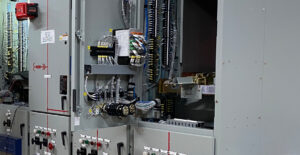
Looking to modernize your facility’s electrical systems? If you’re noticing signs of wear and deterioration to your circuit breakers, a retrofit can be a great option compared to overhauling an entire electrical system. A simple upgrade can improve the overall reliability and safety of your system. In this post, we’ll outline what goes into circuit […]
Read MoreA Quick Guide to Circuit Breaker Testing for Commercial Buildings
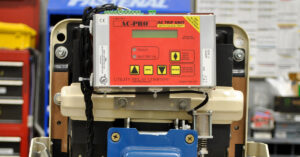
Do you have a good game plan to keep your breakers and electrical systems well-maintained and reliable at your commercial building or facility? As a building or facilities manager, it helps to understand the basics of breaker testing, who should perform this type of testing, and what types of tests are available based on your […]
Read MoreNFPA 70B & 70E 2024 Update: What to Know to Stay Safe and Compliant
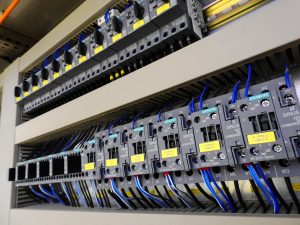
As a facilities manager or an individual in charge of building maintenance, working safely around electricity is critically important and requires adherence to certain standards and practices set forward by the NFPA. The National Fire Protection Association (NFPA) is the U.S.-based international nonprofit organization committed to preventing injury, death and economic loss resulting from fire […]
Read MoreA Simple Guide to Transformer Oil Testing and Fluid Analysis
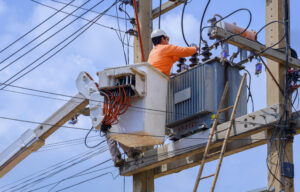
To keep your transformers in optimal condition in sectors ranging from utilities transformer fluid analysis can help provide insight into current performance issues or prevent malfunctions and potential problems in the future. If you’re in an industry with compliance standards, you’ll want to schedule periodic inspections and testing from a full-service electrical testing company with […]
Read MoreDealing With Moisture in Transformers? What to Do
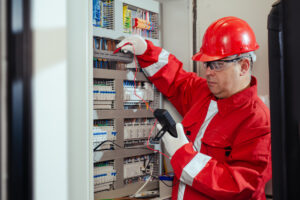
As transformers age, moisture can accumulate in the tank in different ways. Both the oil and paper insulation can absorb moisture from the air, and need to be serviced to prevent future problems. Consistently using a transformer with too much moisture in the tank can cause a host of issues you should be mindful of, […]
Read More5 Common Workplace Electrical Hazards

Safety hazards are present in almost every job, and you need a plan to keep employees safe, especially in a commercial setting where there may be electrical hazards in the workplace. Here are 5 common electrical hazards you should be aware of, and what you can do to ensure you’re not putting anyone at risk. […]
Read MoreThe Importance of Electrical Testing in the Workplace
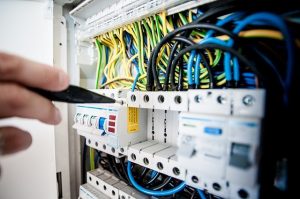
Electrical testing is vital in the workplace to ensure the safety of employees and all those who visit operational facilities or work sites. Companies that want to prioritize safety need to follow electrical safety laws and routinely test electrical equipment and systems depending on use and risk levels. Contact Us The Importance of […]
Read More6 Signs of a Faulty Circuit Breaker

Circuit breakers are essential to workplace safety and property protection. They defend against electrical hazards such as overload, fires, shocks and electrocution by interrupting power supply when currents reach unsafe levels. Circuit breakers protect circuits from damage and keep employees safe while operating equipment and using appliances. Because circuit breakers play a significant role within […]
Read More
